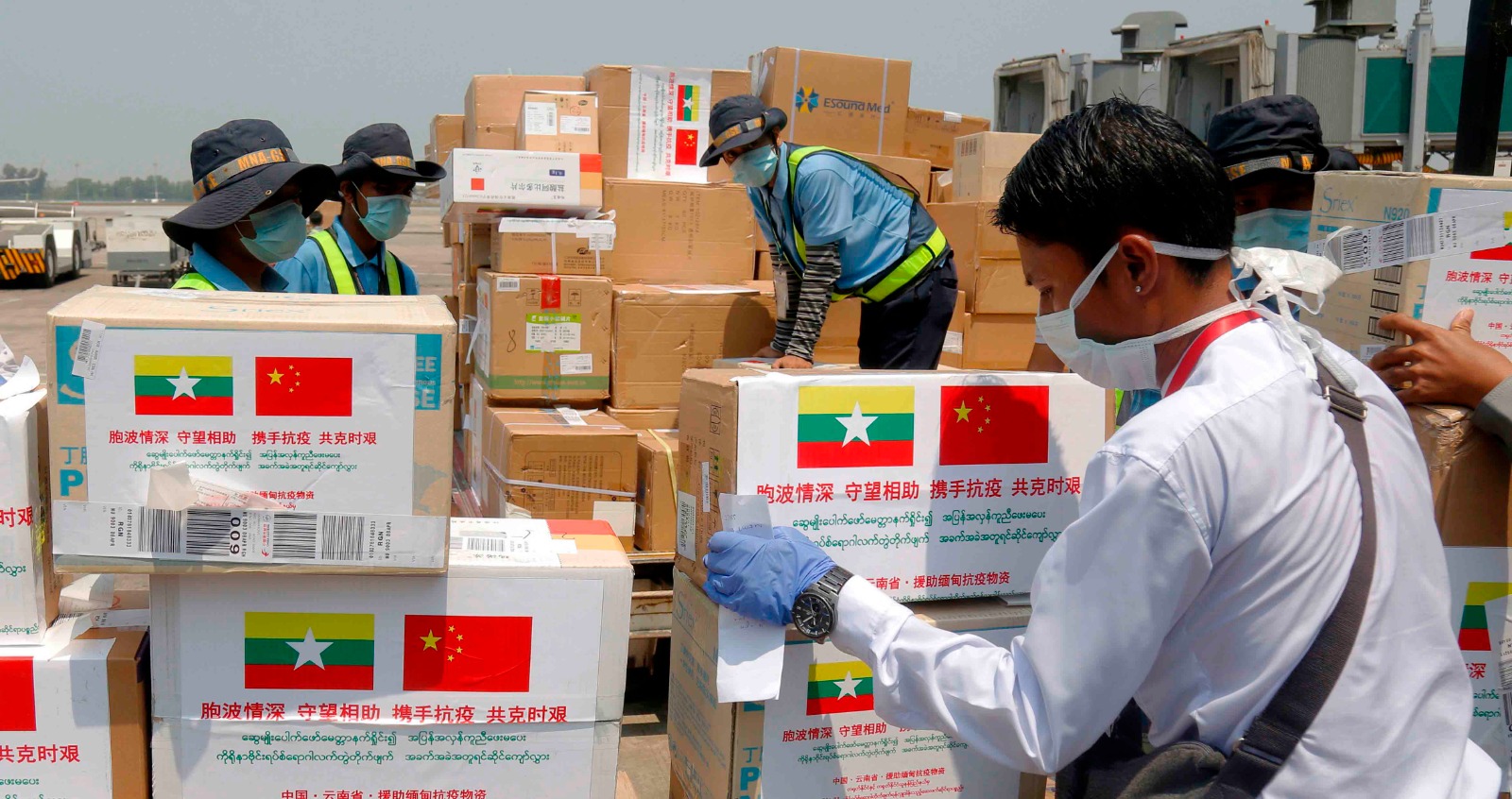In a compelling appeal to the international community, a Chinese envoy has underscored the pressing need for increased support to aid Libya as it grapples with multifaceted challenges. While commendable efforts towards political dialogue and maintaining security have been initiated, the hurdles facing Libya remain unprecedented. China’s Deputy Permanent Representative to the United Nations, Dai Bing, has called for substantial support from the global community and the United Nations Security Council. In this report, we delve into the key areas where Libya requires assistance and China’s stance on maintaining the momentum of political dialogue.
Calls for Sustained Political Dialogue and Sovereign Solutions
Dai Bing, China’s envoy to the UN, has emphasized the importance of sustaining political dialogue within Libya. Despite the challenges, various parties in the country have taken noteworthy steps in the direction of creating an electoral roadmap. Notably, the House of Representatives has approved electoral laws, raising hopes for democratic progress. China’s stance underscores the importance of consolidating the results of these dialogues, bridging differences, and advancing the political process to set the stage for elections. However, Dai Bing firmly reiterated that the sovereignty of Libya should be respected, and external imposition of solutions must be avoided. The envoy stressed that only a Libyan-led and Libyan-owned process can lead to genuine long-term stability in the country.
Addressing Humanitarian Crisis and Flooding Impact
The humanitarian crisis in Libya has been exacerbated by recent devastating floods that resulted in casualties, displacement of people, and severe infrastructure damage. China has called upon the global community to significantly upscale humanitarian assistance for Libya. The aim is to help the Libyan people overcome the dire effects of these natural disasters and facilitate the reconstruction of their homes. Moreover, the Chinese envoy did not shy away from highlighting the man-made factors in the crisis. The decade-old turmoil and infrastructure destruction, attributed to NATO’s military intervention, remain unaddressed. Dai Bing firmly stated that NATO bears a substantial responsibility for the losses and casualties caused by the floods. In these trying times, Libya’s urgent need for humanitarian aid is further exacerbated by the continued freezing of its overseas assets. China’s call on the UN Security Council to prioritize this issue and implement concrete measures underscores the dire need for immediate action.
Urgent Need for Unified Troops and Foreign Force Withdrawal
Over recent weeks, armed clashes have resurged in Tripoli and other areas, threatening Libya’s security and stability. In response, China has urged all parties to take preventative measures to avoid the recurrence of such incidents. The UN’s Special Representative for Libya, Abdoulaye Bathily, plays a pivotal role in facilitating dialogue through the 5+5 Joint Military Commission. This dialogue is critical for unifying troops and effectively monitoring cease-fires. Furthermore, the prompt withdrawal of foreign forces and fighters, as well as mercenaries, is a top priority. China strongly advocates for a smooth and orderly withdrawal process to safeguard Libya’s stability.
In conclusion, the Chinese envoy’s appeal highlights the critical situation in Libya, calling for the global community to step up its support and play a crucial role in the nation’s road to recovery, stability, and sovereignty. As Libya grapples with the aftermath of natural disasters, political uncertainties, and military clashes, the urgency for international aid is paramount. Libya’s journey towards political stability, democratic elections, and lasting peace is contingent on concerted efforts by the world community.
















